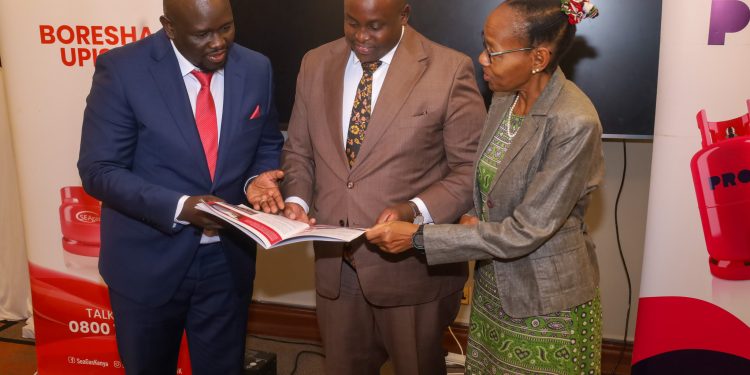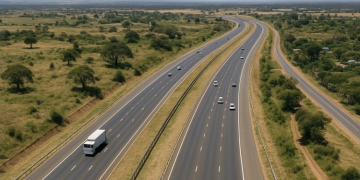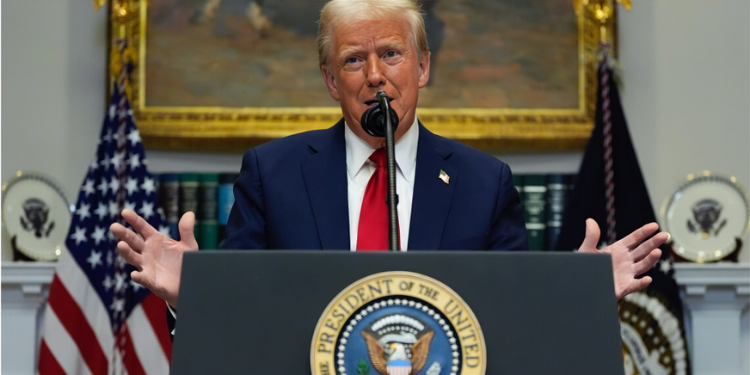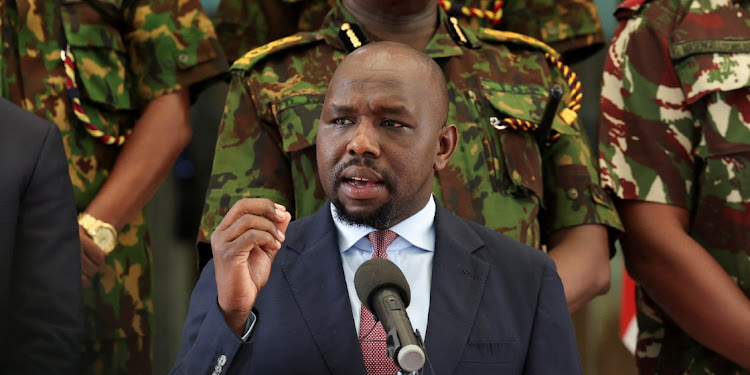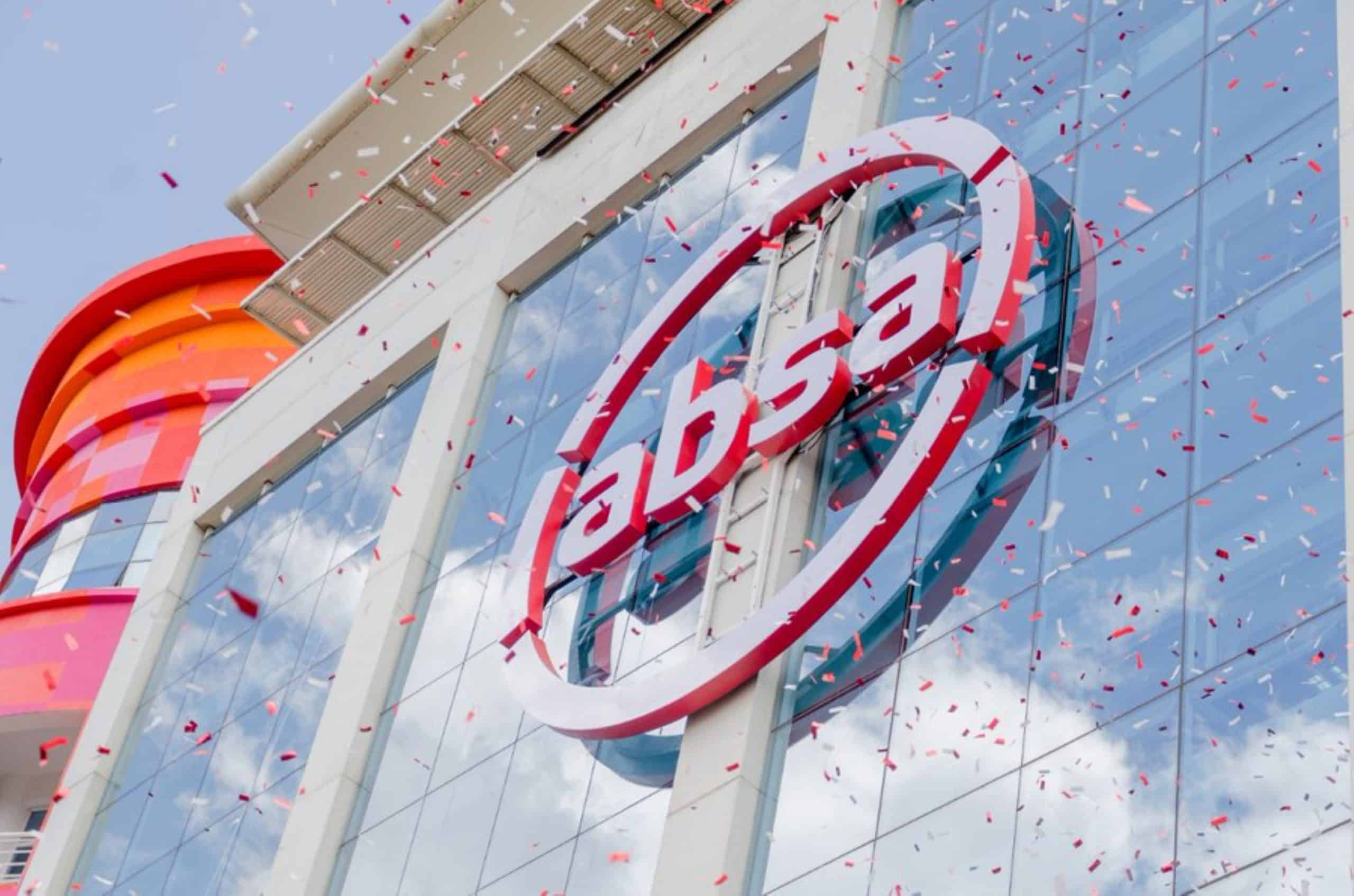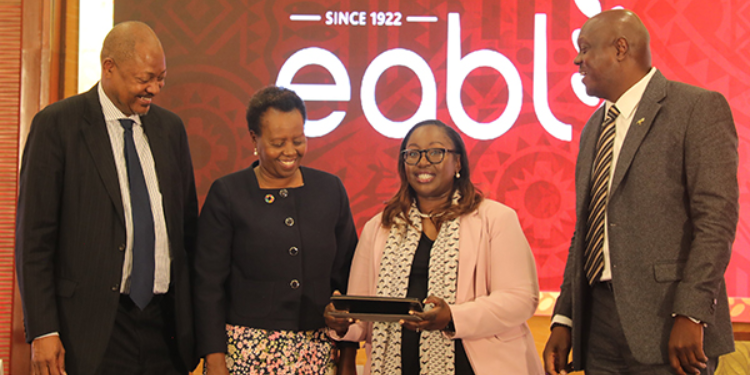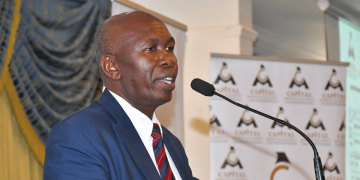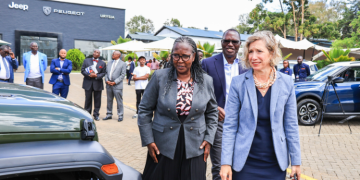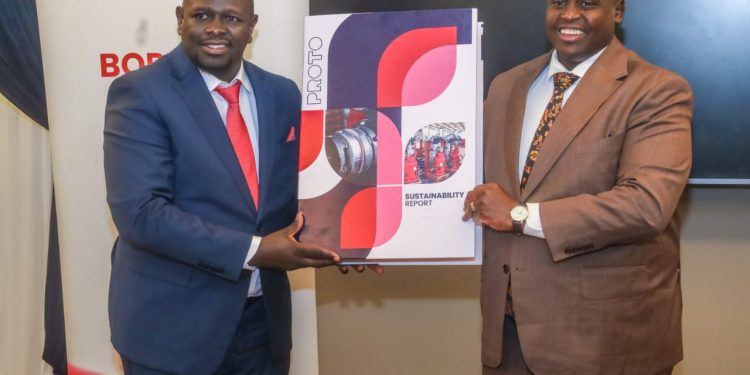Proto Energy Limited, one of Kenya’s leading Liquefied Petroleum Gas (LPG) providers, has announced that its sustainability initiatives saved 7,085.76 tonnes of carbon dioxide (CO2) emissions in the first half of 2025.
The company revealed the milestone in its latest Sustainability Report, launched on August 20 under the theme “Creating a World of Endless Possibilities Through Sustainable Practices.
The reduction is equivalent to planting nearly 4,724 hectares of eucalyptus trees for one year.
The report highlights Proto’s commitment to Environmental, Social, and Governance (ESG) principles, aligning its initiatives with United Nations Sustainable Development Goals such as Affordable and Clean Energy, Climate Action, and Good Health.
CEO Joel Kamau said sustainability is now at the heart of the company’s operations. “We believe sustainable energy is the bridge to stronger communities, thriving businesses, and a more resilient nation.”
“Our mission is to deliver clean, quality, and accessible LPG to every Kenyan household and business while protecting the environment and empowering our communities. Together, we fuel a future that is affordable, sustainable, and inclusive.”
He added that the company’s ambition goes beyond numbers; it’s about shaping a future where every home and business in Kenya can access clean energy without compromising the health of our environment.
Also Read: How Smoking Causes Irreversible Damage of Lungs – Medical Doctor Explains
Access to clean cooking energy remains a major challenge in Kenya, with many families relying on firewood and charcoal.
These fuels contribute to environmental degradation, indoor air pollution, and serious respiratory health risks, particularly for women and children.
Proto has responded by distributing LPG in affordable 6kg, 13kg, and 50kg cylinders, as well as bulk solutions for schools, hotels, and industries.
The company is also advancing clean transport through its OTOGAS stations, offering LPG as a lower-emission alternative to petroleum fuels.
LPG, as a cleaner-burning fuel, drastically reduces harmful carbon emissions compared to biomass, kerosene, and petroleum. This aligns with environmental conservation efforts and Kenya’s broader climate change mitigation agenda.
Among its 2025 achievements, Proto converted 38 schools from firewood to LPG, planted 600 trees across its sites, and earned top honors for safety at the Directorate of Occupational Safety and Health Services (DOSH) awards.
By embedding sustainability into its business model, Proto says it is fueling a future that is “affordable, sustainable, and inclusive.”
While LPG penetration is high in urban areas, it remains very low in rural markets—leaving a huge opportunity to expand access to clean energy.
Also Read: Billionaire Who Owns Company Behind Pro Gas and Sea Gas
Proto Energy’s efforts also align with ongoing government and regulatory initiatives to promote LPG adoption nationwide.
Energy and Petroleum Regulatory Authority (EPRA) Director-General Daniel Kiptoo said the regulator has already set up the legal and regulatory framework for a seamless transition to cleaner energy through the Open Tender System (OTS) and stricter oversight of LPG supply.
“We have already put in the legal and regulatory framework, so we are now engaging stakeholders. We have to get OMCs to sign up on the Open Tender System Agreement… what we are discussing with the industry is how to transition in a seamless way,” Kiptoo said.
He added that EPRA is working with the Ministry of Energy and Petroleum to roll out an LPG-for-schools program, which will help schools shift from firewood to gas.
“This is a very positive program. In rural areas, many children miss class because they are tasked with collecting firewood. With LPG, they will be able to spend more time learning… cooking processes will also be faster and healthier for both staff and students,” he said.
Follow our WhatsApp Channel and X Account for real-time news updates.
